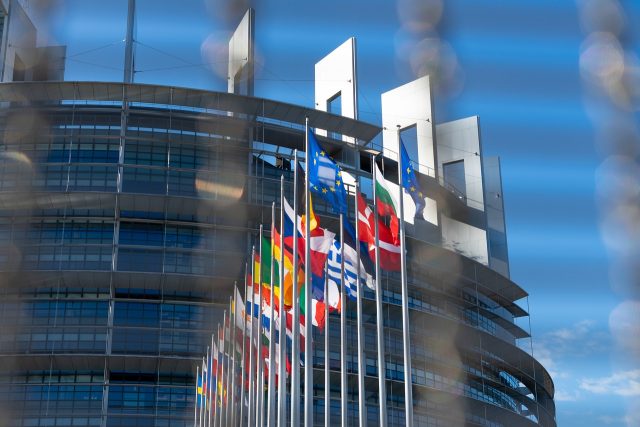
The free trade agreement between the European Union and Mercosur has returned to the spotlight at the G20 in Rio de Janeiro, sparking discussions among world leaders and protests by European farmers.
This pact, which aims to liberalise trade between the two blocs, is an ambitious but controversial project that has been on hold for over two decades.
What is the EU-Mercosur Agreement
Mercosur, short for Mercado Común del Sur, is a regional organisation that includes Argentina, Brazil, Paraguay and Uruguay, with other associated countries. Inspired by the model of the European single market, Mercosur aims to promote economic and trade integration between its members.
Negotiations for a trade agreement between the EU and Mercosur began in 1999 and were formally concluded in 2019, but ratification continues to be blocked. The agreement provides for the elimination of most tariffs on European exports to South America, in particular for industrial products such as cars, machinery and pharmaceuticals, as well as high-quality agri-food goods such as wines, cheeses and chocolates. On the South American side, the benefits would come from easier access to the European market for agricultural products such as beef, chicken, sugar and honey. According to the European Commission, the agreement would have the potential to generate economic growth, jobs and sustainable development for both parties.
Criticism from European farmers
Despite the alleged economic benefits, the agreement has met with strong opposition from European farmers, who see it as a threat to the EU’s agricultural sector.
The main concerns are:
Unfair competition: South American agricultural products often cost less than European ones, thanks to lower production costs and less stringent environmental and social regulations. This could translate into a competitive advantage for Mercosur producers, penalising European ones.
Production standards: European farmers fear that South American produce will not meet the same standards of food safety, animal welfare and environmental sustainability as the EU.
CAP erosion: The EU’s Common Agricultural Policy (CAP), which provides financial support to European farmers, could come under pressure, leading to a reduction in protection for local producers.
Environmental impact: Increased agricultural production in South America could accelerate deforestation in the Amazon, an issue already under global criticism.
Disagreements over the deal were made clear at the G20. France, led by President Emmanuel Macron, was strongly opposed, reiterating its support for French farmers and highlighting the risks associated with the agreement’s environmental and social impact. In contrast, Germany and Spain supported the deal, stressing the need to open up to new markets in a rapidly changing world. German Chancellor Olaf Scholz stressed that “more free trade agreements” could strengthen the EU’s economic position globally. Italy finds itself in an ambiguous position. While Deputy Prime Minister Antonio Tajani has opened up to the possibility of continuing negotiations, Agriculture Minister Francesco Lollobrigida, a member of the Brothers of Italy party, has expressed his opposition, declaring that “as it stands, the agreement cannot be shared”.
Farmers’ protests
The criticisms have not been confined to institutional debates. During the G20, farmers and agricultural unions have organized demonstrations in Brussels and France, calling on European institutions to block the agreement. The protests underscore widespread fears that the agreement could jeopardize the survival of many European farms, already under pressure from high costs and climate challenges.
Opportunities and risks for the future
The EU-Mercosur agreement represents a strategic dilemma. On the one hand, it offers the opportunity to strengthen economic ties between Europe and South America, creating new export opportunities and market diversification. On the other, it raises questions related to sustainability, economic justice and the protection of the European agricultural sector. Finding a balance will require further negotiations and possible changes to the text of the agreement. One of the proposals put forward is to include binding clauses requiring Mercosur countries to meet environmental and social standards equivalent to those in Europe. The EU-Mercosur free trade agreement is a test case for the future of global trade.
As the EU seeks to balance economic interests with social and environmental ones, the debate on the agreement highlights the complexity of reaching a consensus between partners with different needs and priorities. The future of the agreement will depend on the ability of the parties to overcome their differences, ensuring a balance between economic development and sustainability.



 Subscribe
Subscribe